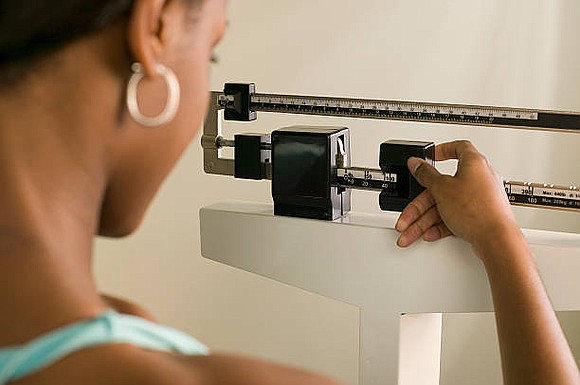Three Things That Keep Us From Faster Weight Loss
Style Magazine Newswire | 1/3/2024, 3:15 p.m.
By Brittany Gatson/BlackDoctor.org
Everyone wants to know the secret to losing weight faster. While some have found small successes here and there, many are missing the point: which is it doesn’t always work, all the time. Even if something starts to work, your body changes and you need to adapt. So how do you lose weight faster? No matter what kind of weight loss plan you’re on, here are three things to consider.
Many diets and dietitians promote mini-meals, but they may not be any better than three square meals a day when it comes to feeling full and satisfied, according to a new study. There have always been a lot of claims that mini-meals are better, but there hasn’t been any scientific evidence to support these claims.
I. 3 Meals vs. 6 Meals
Twenty-seven overweight or obese men were placed on a reduced-calorie diet in which either 25% or 14% of the calories came from lean protein for 12 weeks.
Men were asked to eat the same diet as three meals or six meals a day for three days starting at week seven, and then they switched to the other eating pattern for three more days.
Men recorded their feelings of hunger or satiety every hour that they were awake during the three or six-meal-a-day portion of the study using an electronic device.
Men who ate low-calorie, high-protein diets felt more satisfied and less hungry than those eating a low-calorie, normal protein diet, the study shows Those men who ate six mini-meals a day showed no improvement in appetite control or perceived fullness compared to those who ate three meals a day.
The findings are likely applicable to overweight or obese women.
Some people such as athletes, recreational runners, and people with digestive disorders and diabetes or prediabetes, however, may benefit from eating smaller meals more frequently throughout the day, she says. However, eating more frequently is not the best diet strategy to combat obesity.
II. No One-Size-Fits-All Strategy
Some people enjoy eating small meals throughout the day, and others don’t have the time and/or don’t care to eat so frequently. The three meals in this study were calorie-controlled, which is what helps weight loss.
It was thought that eating small meals more frequently helps stabilize blood sugar and better controls appetite, but if those frequent meals aren’t appropriately portioned, this won’t work. So there isn’t a one-size-fits-all answer.
III. Unrealistic Expectations
A diet consisting of six meals throughout the day can be unrealistic to maintain considering people’s hectic lifestyles.
When you eat a more substantial meal, you get increased sensory stimulation because you have more food going through your mouth and you’re eating for a longer period, both of which help promote feelings of satisfaction. Because we all know, when you’re not satisfied, you’ll stop.
It’s that feeling of accomplishment that drives the human body to push itself beyond its regular limits.
So be sure to create a staggered set of goals that you can accomplish one by one.
(BONUS TIP) A combination of lean protein and fiber at every meal is best. Meals consisting of fiber and protein will help keep you feeling full longer because they take the longest time to digest.
They also keep blood sugar levels stabilized and thus prevent drastic spikes and crashes in sugar levels that can ultimately lead to increased hunger, bingeing, and/or making poor choices at mealtimes.





